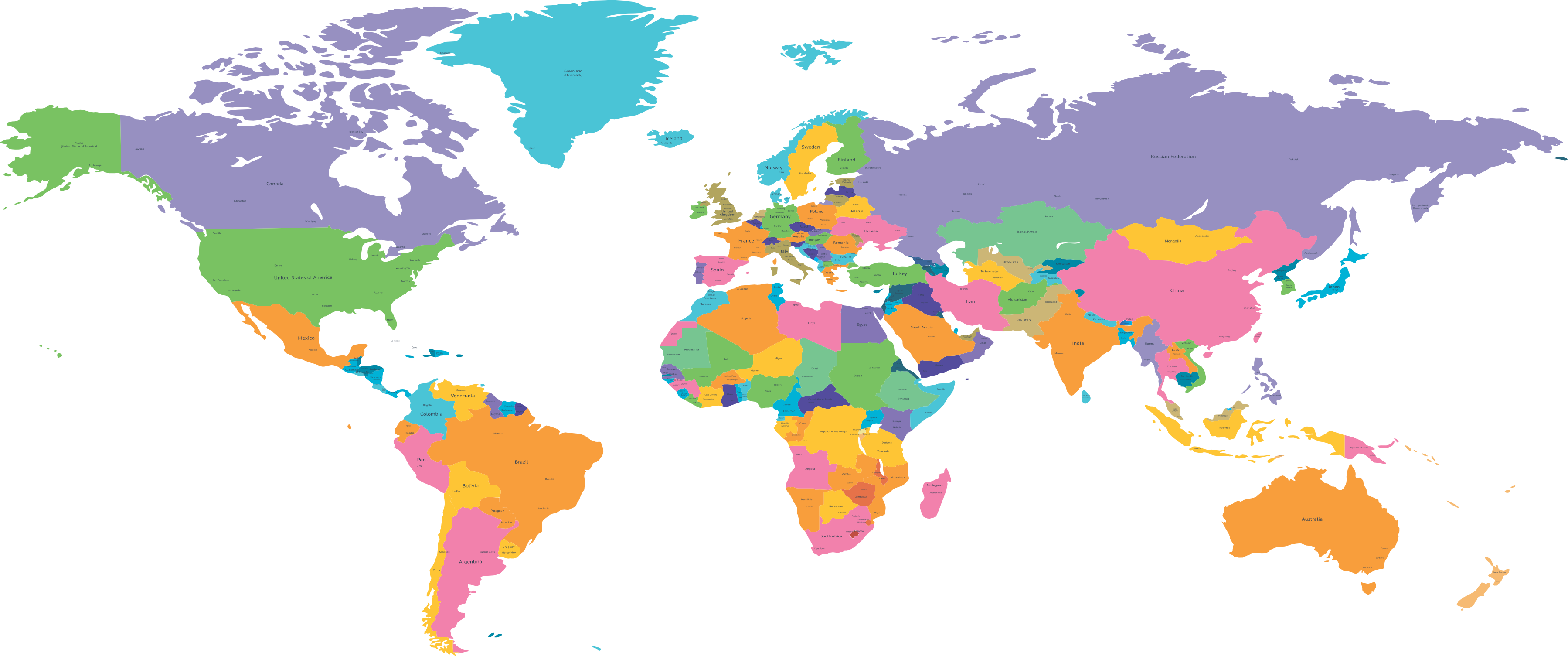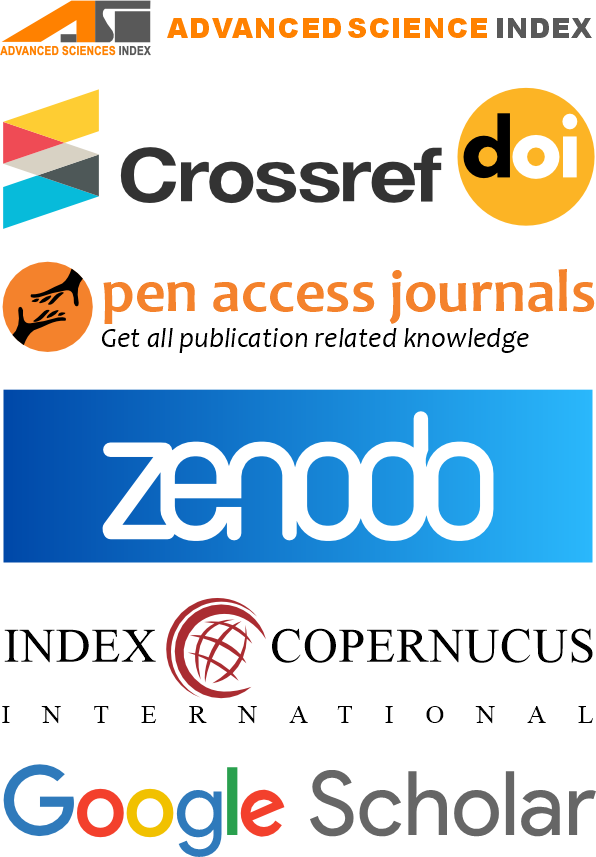Strengthening School Governance: Assessing the Impact of School Management Committees on School Administration in Public Schools of Pakistan
DOI:
https://doi.org/10.62997/rl.2025.42055Keywords:
School Management Committees (SMCs), School Administration, Educational Governance, Community ParticipationAbstract
This study investigates the impact of School Management Committees (SMCs) on school administration in public schools across Pakistan. Using a quantitative correlational design, data were collected from 1,500 respondents, including school heads, teachers, and SMC members. The analysis explored the relationships between various SMC roles—including awareness, enrolment, teacher management, financial management, basic facilities, and pedagogical practices—and school administrative performance. Correlation results revealed significant positive associations for awareness (r = .344), teacher management (r = .307), financial management (r = .085), basic facilities (r = .574), and pedagogical practices (r = .332) with school administration, while enrolment showed no statistically significant relationship (r = .046, p = .074). Multiple regression analysis confirmed that roles in basic facilities (β = .471), pedagogical practices (β = .124), financial management (β = .104), enrolment (β = .122), awareness (β = .095), and teacher management (β = .045) were all significant predictors, explaining 39.1% of the variance in school administration (R² = .391, F = 161.468, p < .001). These findings underscore the critical need to enhance the capacity of SMCs in key functional areas for more effective school governance.
References
Adil, N., Rashidi, Z., & Frooghi, R. (2018). Strengthening school management committees: a framework for process and outcome. International Journal of Educational Management, 32(4), 701-718. https://doi.org/10.1108/IJEM-03-2017-0072
Arif, S. (2019). Effectiveness of School Management Committees in Public Sector Educational Institutions of Islamabad Capital Territory. International Research Journal of Management and Social Sciences, 5(1), 646-656. https://irjmss.com/index.php/irjmss/article/view/298
Baacha, N., Amin, R. U., & Soomro, K. A. (2021). Decentralization of education: The affective role of fiscal decentralization in Pakistani education system(s). (2021). FWU Journal of Social Sciences, 41–51. https://doi.org/10.51709/19951272/spring2021/15-4
Bauch, P. A., & Goldring, E. B. (1998). Parent‐teacher participation in the context of school governance. Peabody Journal of Education, 73(1), 15-35. https://doi.org/10.1080/01619569809538875
Bosetti, L. (2004). Determinants of school choice: Understanding how parents choose elementary schools in Alberta. Journal of Education Policy, 19(4), 387–405. https://doi.org/10.1080/0268093042000227465
Dean, D. (1995). Education and decentralization: Experiences and issues. World Bank.
Freire, P. (1999). Education and community involvement. Critical education in the new information age, 83-92.
Government of Pakistan. (1998). National Education Policy 1998–2010. Ministry of Education.
Government of Pakistan. (2009). National Education Policy. Ministry of Education.
Hildebran, C. (1997). Decentralization and educational planning. UNESCO, IIEP.
Karim, A. (2020). Exploring the facilitating and hindering factors in enacting school management committee’s school improvement roles in Gilgit-Baltistan. (Unpublished master's dissertation). Aga Khan University, Karachi, Pakistan.
Ministry of Education. (2009). National Education Policy 2009. Government of Pakistan.
Nasrullah., Amin, R. U., & Soomro, K. A. (2021). Decentralization of education: The affective role of fiscal decentralization in Pakistani education system (s). FWU Journal of Social Sciences, 15(1), 41-51. http://doi.org/10.51709/19951272/spring2021/15-4
Nasrullah, N., Haidar, S., & Soomro, K. A. (2020). Decentralization, Effective Accountability, and Monitoring of Public Schools in Pakistan: Community Awareness and Reliance Indispensable. Journal of Elementary Education, 29(2), 51-68. http://111.68.103.26//journals/index.php/jee/article/view/1875
Ogawa, R. T. (1998). Organizing parent‐teacher relations around the work of teaching. Peabody Journal of Education, 73(1), 6-14. https://doi.org/10.1080/01619569809538874
Raadschelders, J. C. N. (2013). Public administration: The interdisciplinary study of government. Oxford University Press.
Selznick, P. (2011). Leadership in administration: A sociological interpretation. Quid Pro Books.




